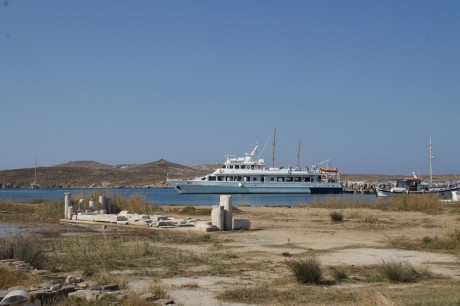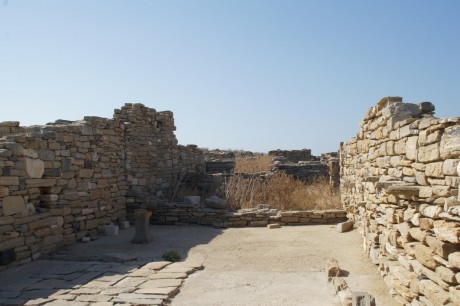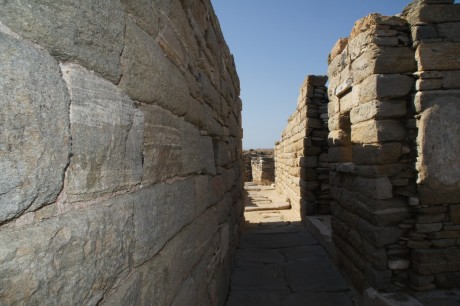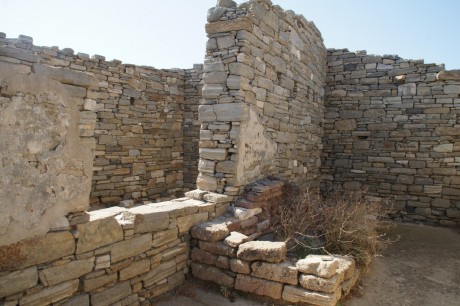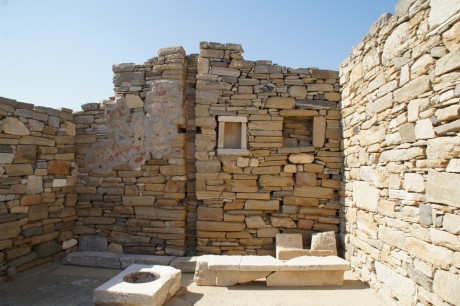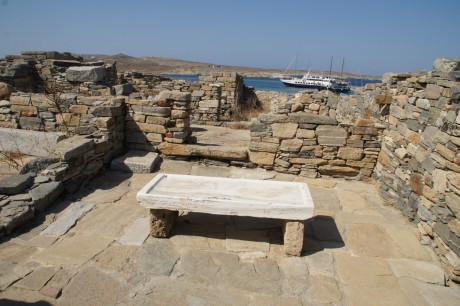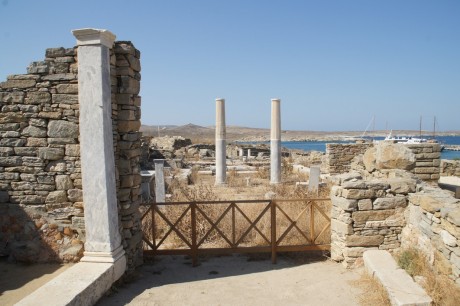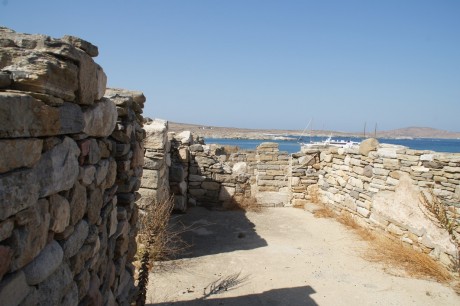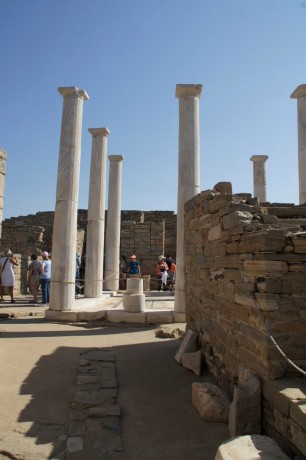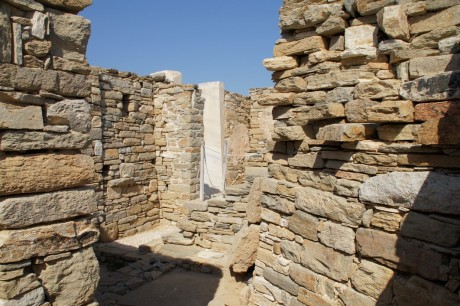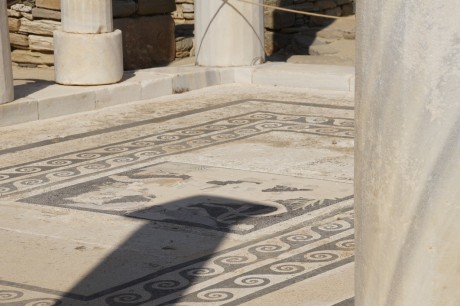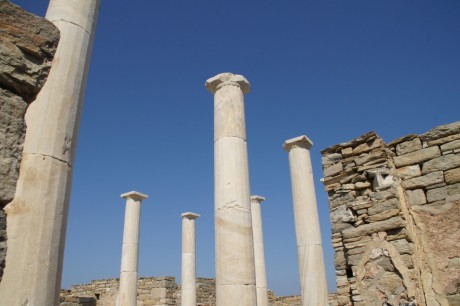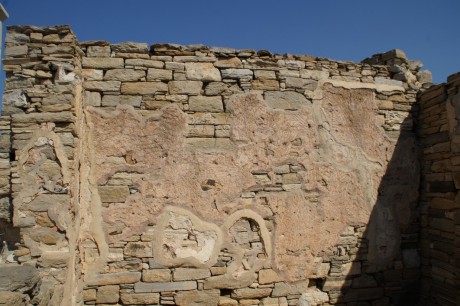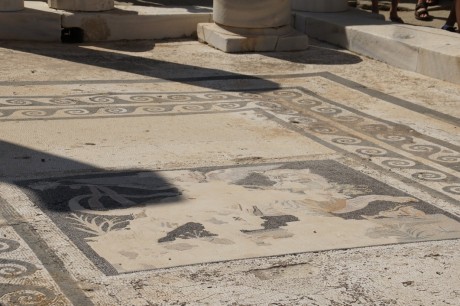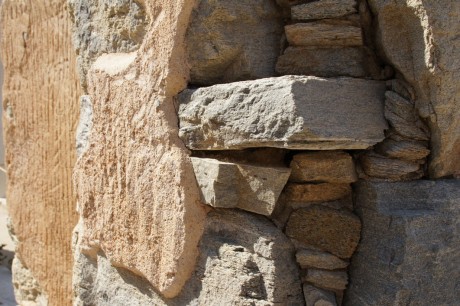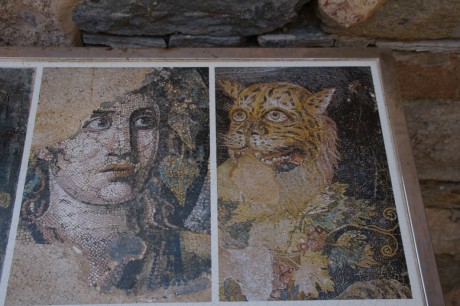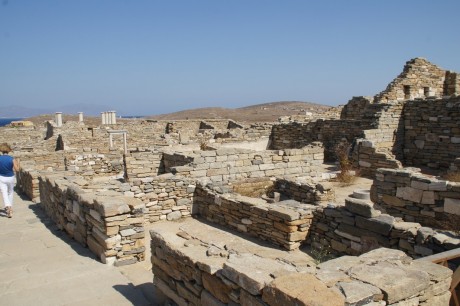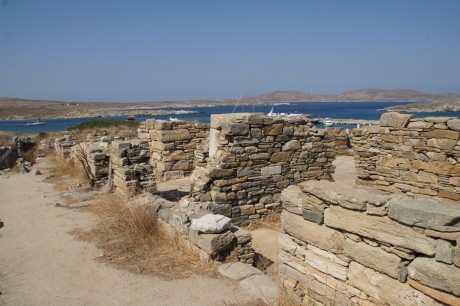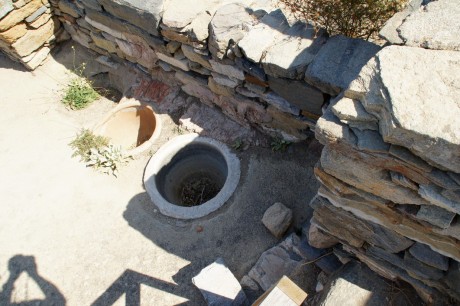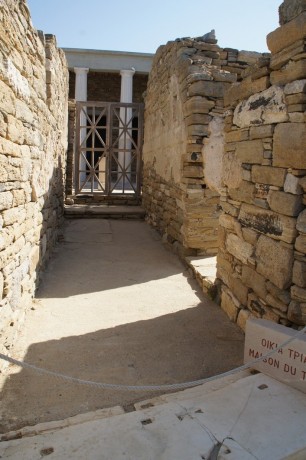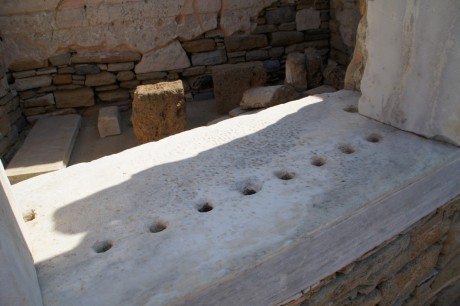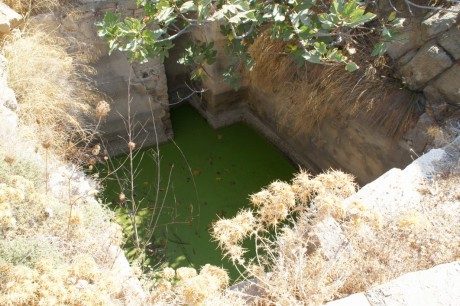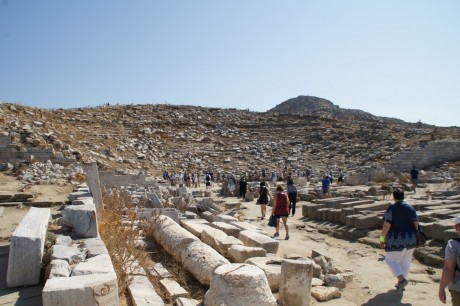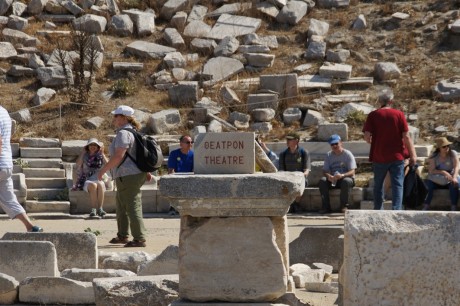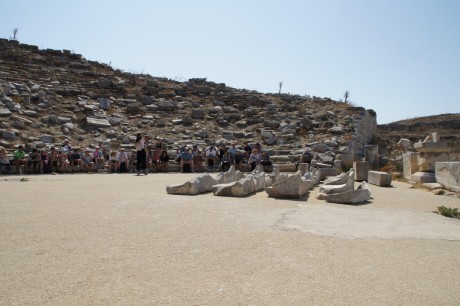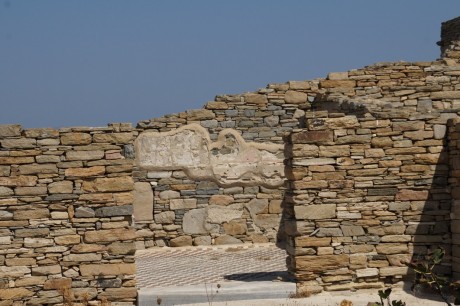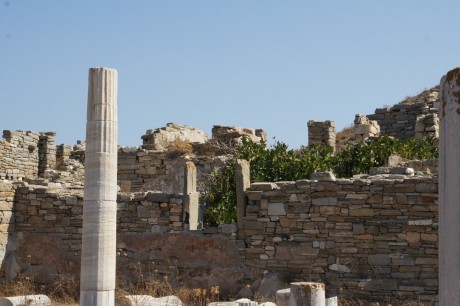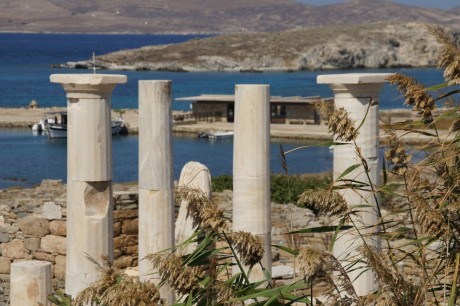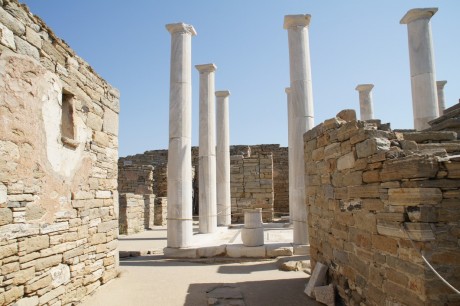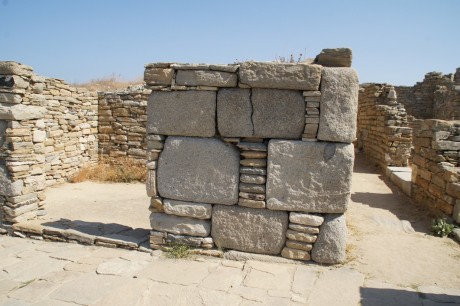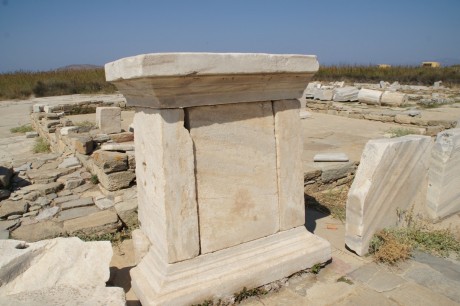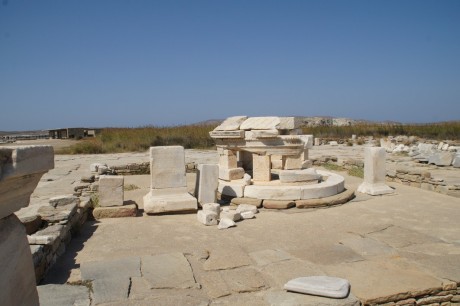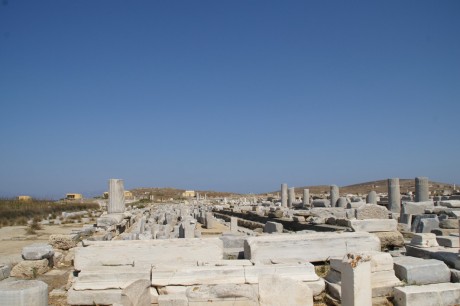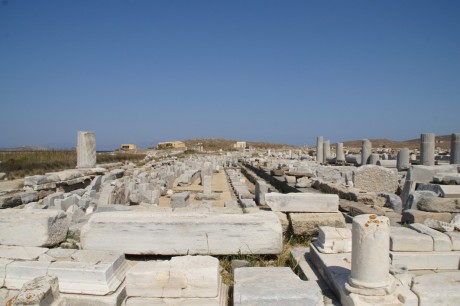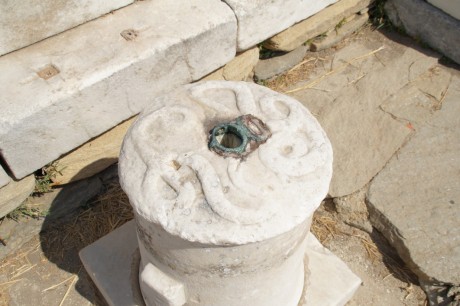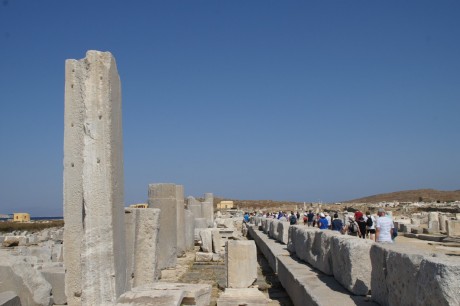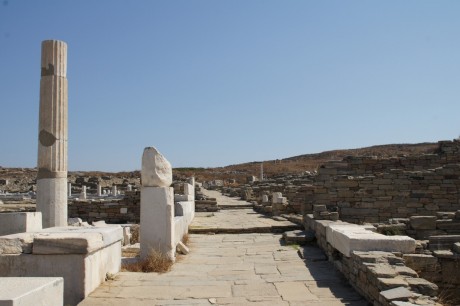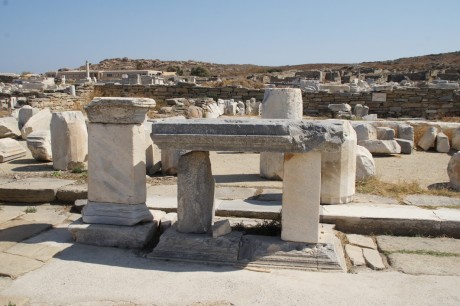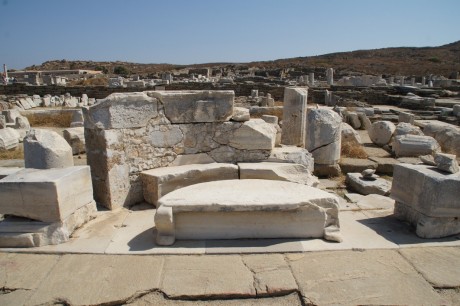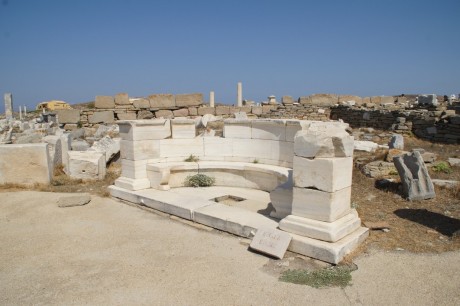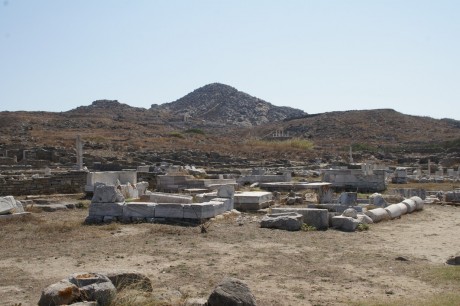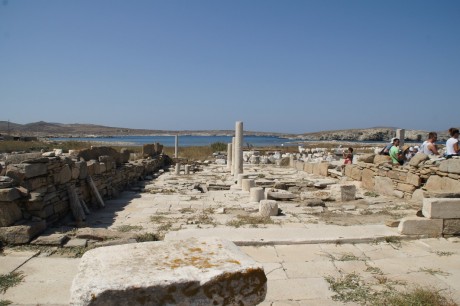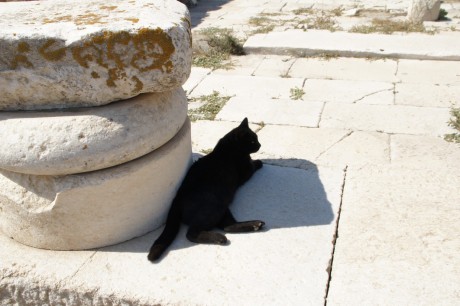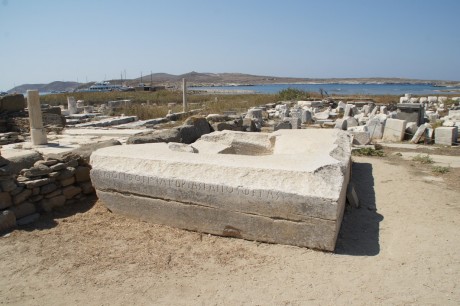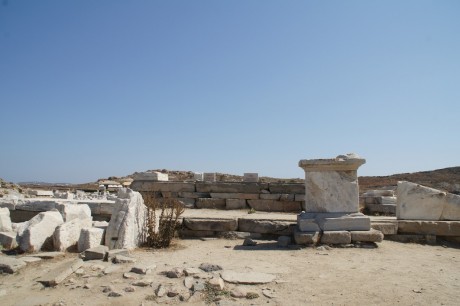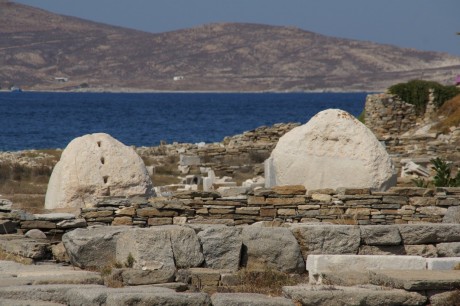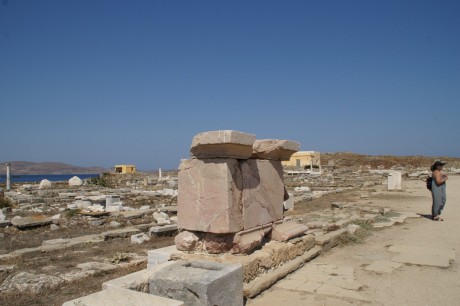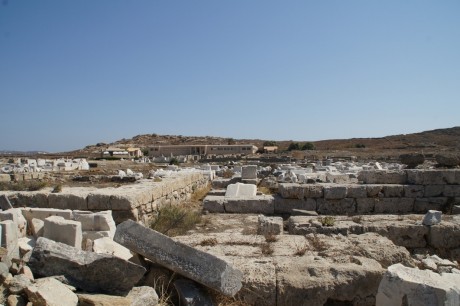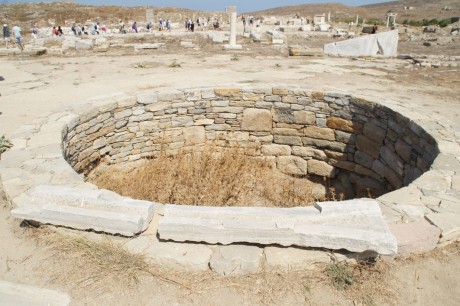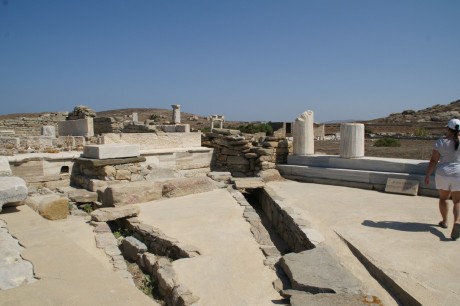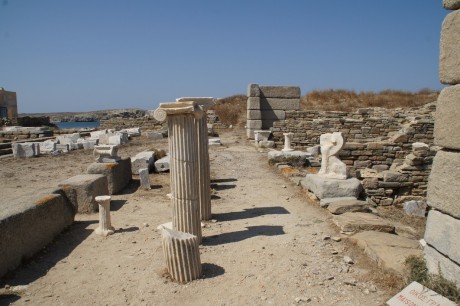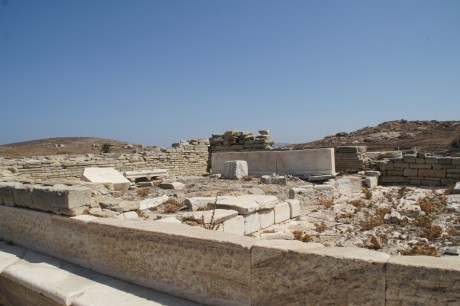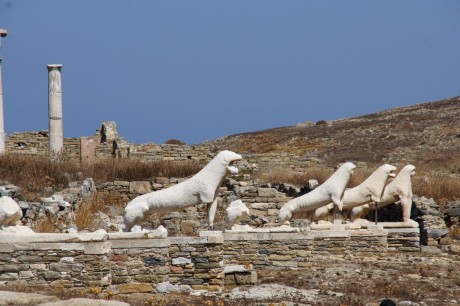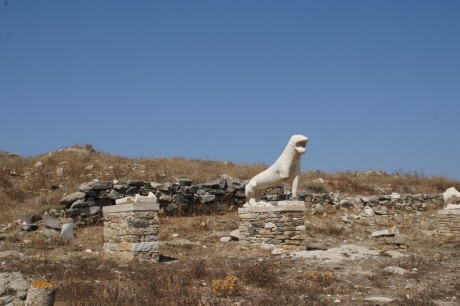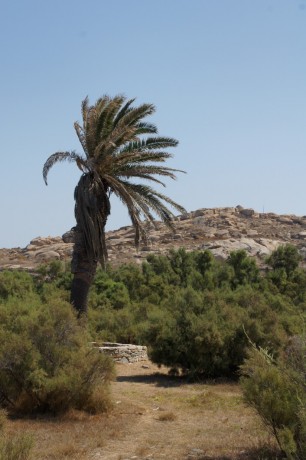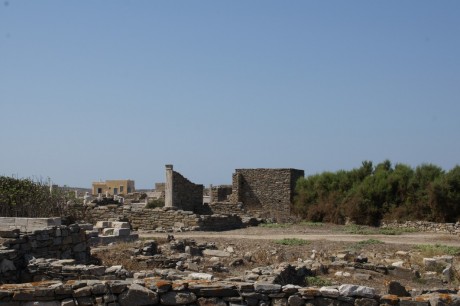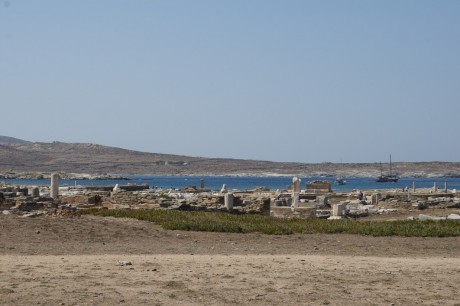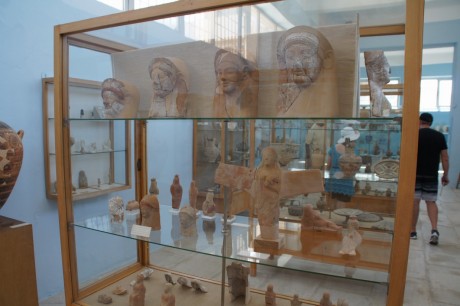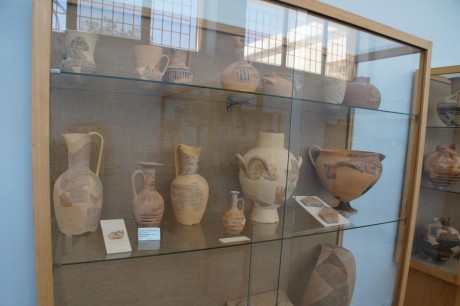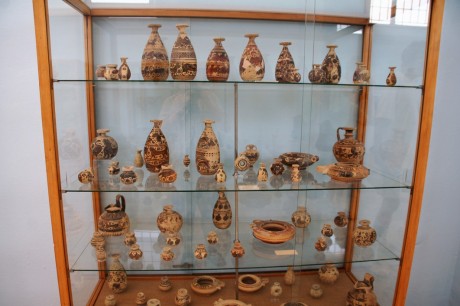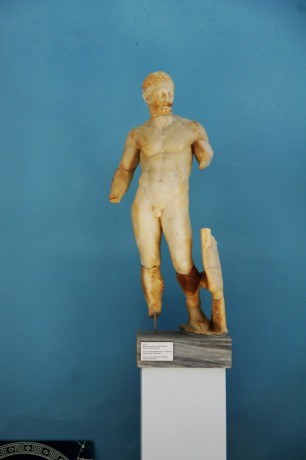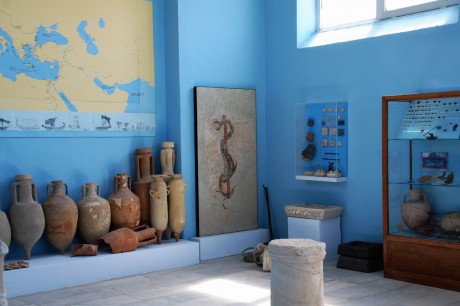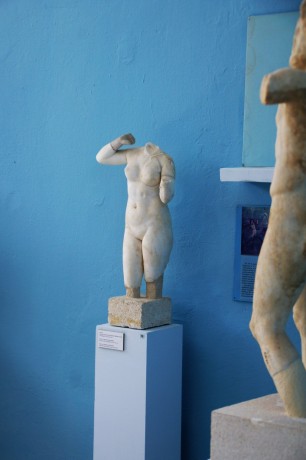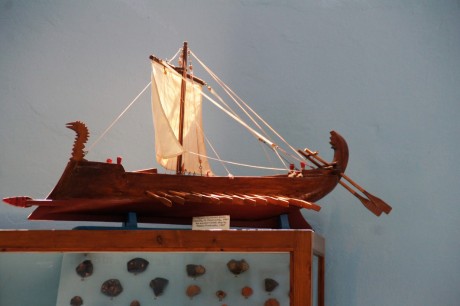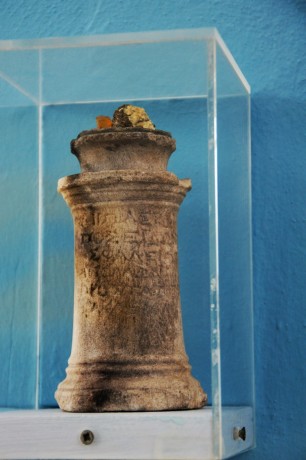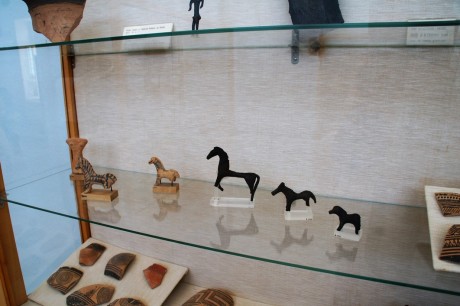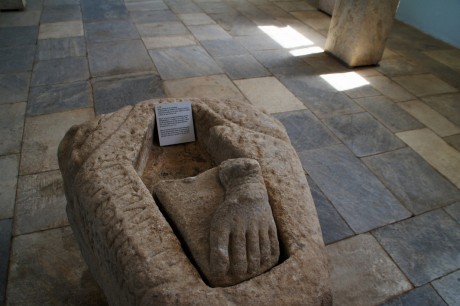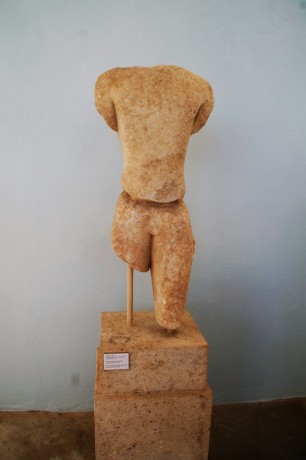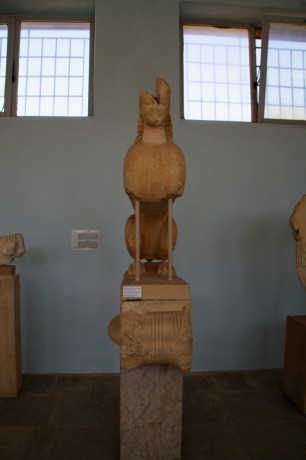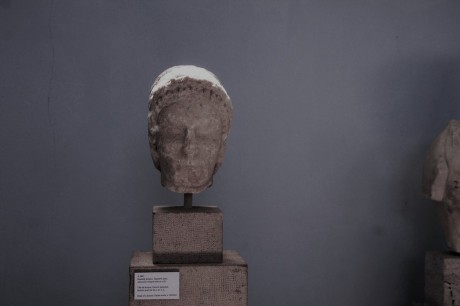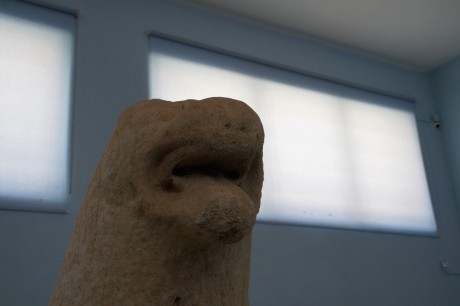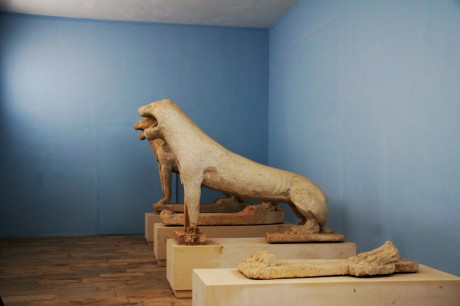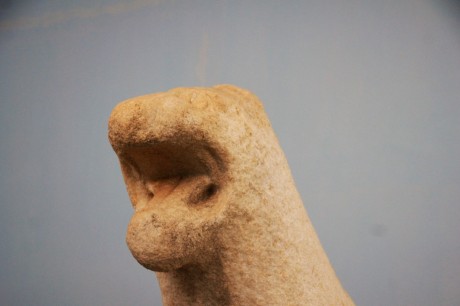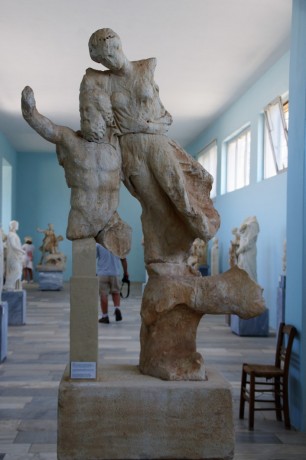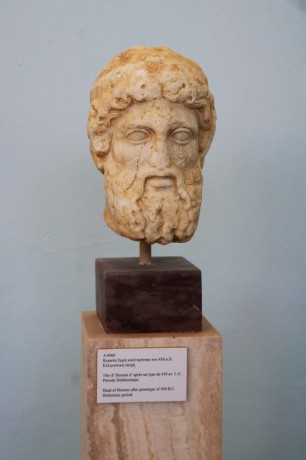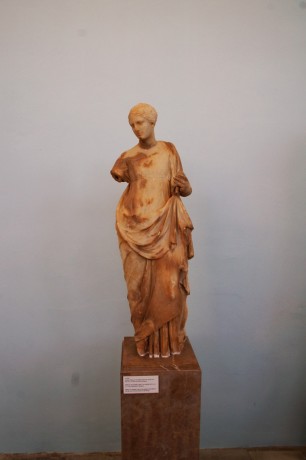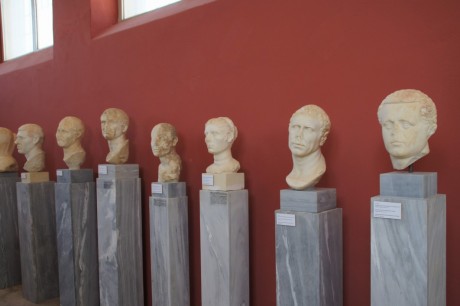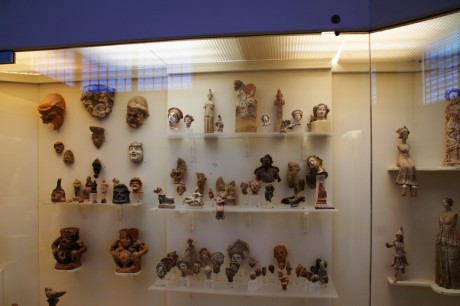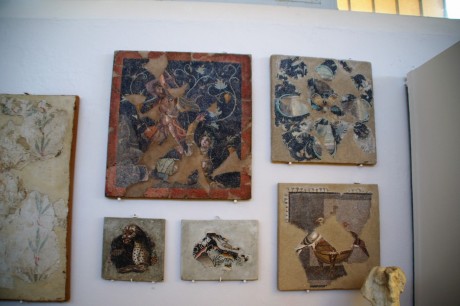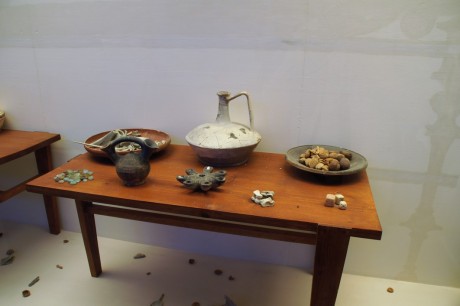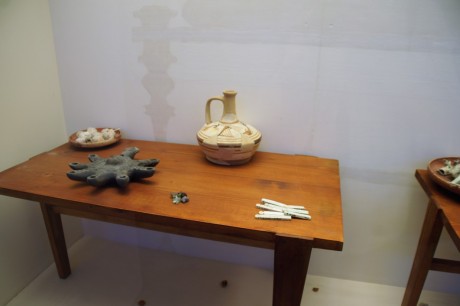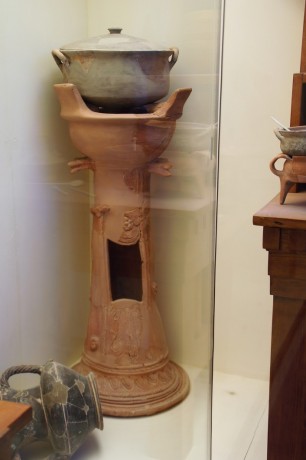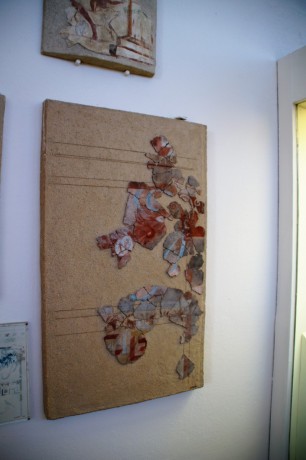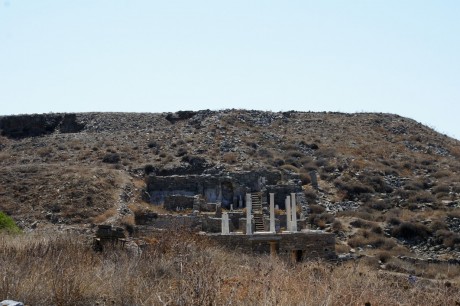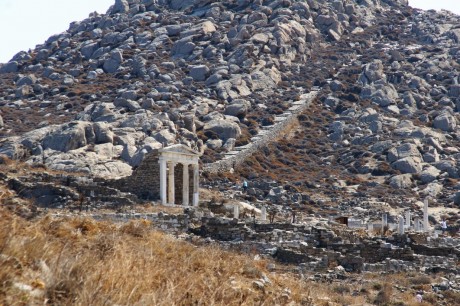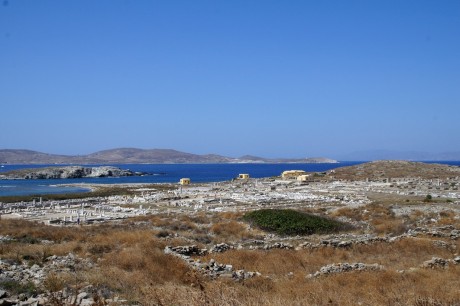Delos 2017 - Greece
Délos
In ancient Greek mythology, Delos became the birthplace of the divine pair Artemis and Apollo. They were the children of the god Zeus and the titan Summer. The story of their birth has several versions.
Zeus's wife, Hera, learned of her husband's affair, and for fear of her wrath, no place on earth or sea would give Leto refuge. So Zeus created the island of Delos so that Leto could give birth to the twins Apollo and Artemis.
The event took place by the shore of a small lake, now dried up, which became an important part of the sanctuary and thus enabled modern archaeologists to find their way around it more easily.
In its heyday, it was an important religious center as well as a large trading port.
From the 8th century BC, magnificent festivities with hymns and sports competitions were held here in honor of the god Apollo. Delos became the center of uniting Ionian communities. A certain amount of political power was also associated with control over the celebration.
During the 7th and 6th centuries BC, the island was under Naxu influence. Many buildings were erected in connection with the cult of Apollo and Artemis, such as the Temple of the Naxians, the Terrace of Lions, the colossal statue of Apollo, the colonnade of the Naxians, and Nikander's statue dedicated to Artemis. Piers and other facilities were built in the sacred port - it is one of the oldest known in the Greek world.
In later times, the influence of Athens on the Cycladic Islands increased. In order to consolidate positions, around 540 BC the Athenian tyrant Peisistratos ordered the cleansing of this holy island: the remains of the dead and the sick or elderly were transferred to neighboring Rhenia. Athens was succeeded by Samos around 525 BC when it seized Rhenia during the reign of Polycrates. Polycrates founded the tradition of new festivals and dedicated Rhenia to Apollo, thereby connecting it to Delos.
In 478 BC, the Délský spolek was officially formed. This is how modern historians named the alliance of Greek city-states whose goal was the fight against the Persians and thanks to which the Persians were definitively expelled from Greece. The treasury of the association controlled by Athens was entrusted to Delos, and meetings of the association's representatives also took place here. The island eventually came under the complete domination of Athens. Many cultural treasures were taken to Athens in 454 BC, when the federal treasury was also transferred there.
During the Peloponnesian War, a plague broke out in Athens. Plague was considered to be the wrath of Apollo, and therefore the Athenians had the island cleansed again in 426 BC. All graves were moved to Rhenia, except those of the first colonists, which were considered sacred. In the spirit of this purification, it was forbidden to be born or die on the island, and old and dying people and pregnant women had to leave the island.
In 422 BC, Athens ordered the expulsion of all permanent residents of the island and took over the organization of the Delia festivals, which took place every 5 years. Pilgrim processions were accompanied by music and dance, and artistic and sports competitions and horse-drawn carriage races were held. The concentration of people also allowed brisk business activity.
